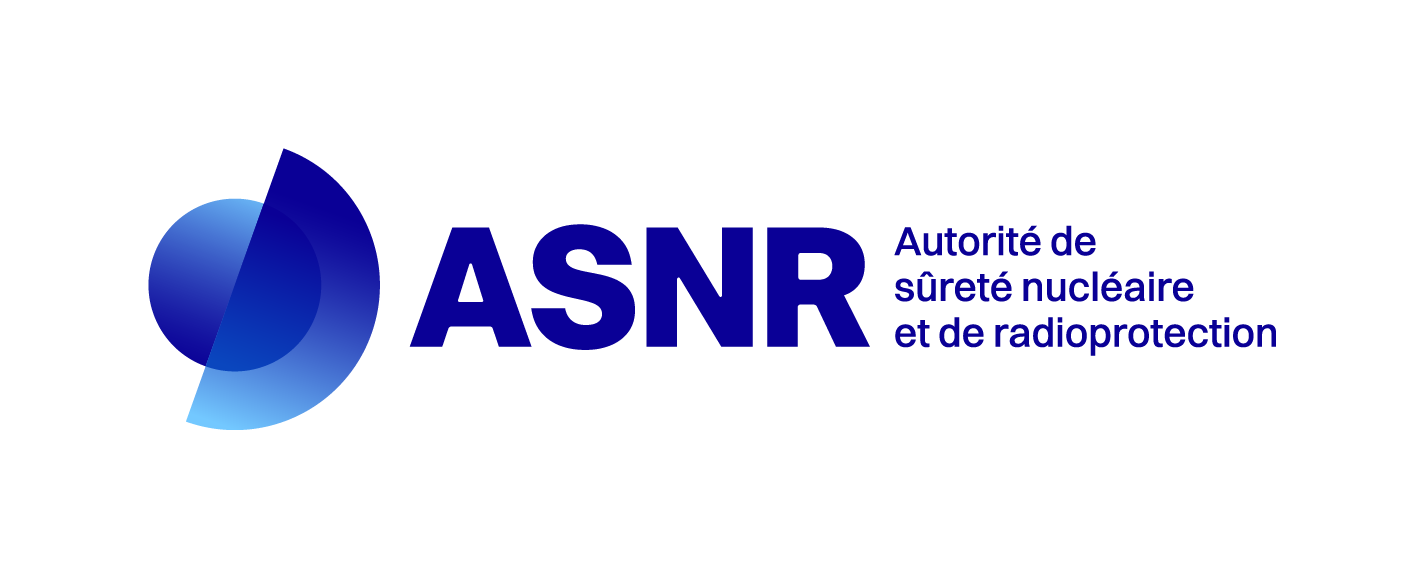Radiation-induced neurotoxicity assessed by spatio-temporal modelling combined with artificial Intelligence after brain radiotherapy: the RADIO-AIDE project
Résumé
Context: Radiotherapy (RT) is one of the most important treatments of brain tumors. However, its potential toxicity on the central nervous system is a highly relevant clinical issue as cognitive dysfunction, mainly related to radiation-induced leukoencephalopathy (RIL), may alter the quality of life of patients. However, the physiopathology of post-RT brain injuries in normal tissues and organs is complex, multifactorial and partly understood as well as its potential links with the initiation and temporal progression of cognitive dysfunctions. Moreover, the knowledge about the radiosensitivity of the brain structures implied in cognitive processes must be improved.
Objectives: The RADIO-AIDE project is a multidisciplinary project of 4 years, that started in April 2022. It aims to develop spatio-temporal (ST) models and artificial intelligence (AI) tools to : a) generate new knowledge about the underlying neurotoxic mechanisms implied in the initiation and temporal progression of cognitive dysfunctions following brain RT and the radioresistance of targeted brain structures, while accounting for the tumor-response status; b) predict individual cognitive impairment at early stage after brain RT to set up mitigation measures and preserve the patients’ quality of life; c) provide to clinicians a usable academic tool to perform an automated longitudinal extraction of clinically relevant image-based biomarkers - like white matter hyperintensities (WMH), vascular lesions, brain tissues volume quantification, tumoral lesions - from Magnetic Reasonance (MR) brain images acquired in clinical routine.
Methods: The project will be guided by the rich and multimodal data from the prospective EpiBrainRad cohort including patients treated by RT for a high-grade glioma. Fully automated segmentation algorithms based on deep learning architecture will be developed. ST models and AI tools will be proposed to extract, if it exists, a set of ST features which characterize WMH of different nature that may be associated either to post-RT side-effects (RIL, radio-necrosis, post-RT oedema) or to treatment responses (brain tumor progression, peritumoral oedema). Finally, dose-response analyses and individualized predictions of cognitive dysfunctions following brain RT will be performed.
Results and perspectives: An update of the EpiBrainRad cohort is in progress. New patients will be included from 2023. An annotated dataset including ground truth labels for post-RT WMH, vascular lesions and tumoral lesions as well as many brain regions of interest implied in cognitive functions is being produced from the MR brain images of the EpiBrainRad cohort. This large and well curated data set will feed the ST models and AI tools subsequently developed.
Objectives: The RADIO-AIDE project is a multidisciplinary project of 4 years, that started in April 2022. It aims to develop spatio-temporal (ST) models and artificial intelligence (AI) tools to : a) generate new knowledge about the underlying neurotoxic mechanisms implied in the initiation and temporal progression of cognitive dysfunctions following brain RT and the radioresistance of targeted brain structures, while accounting for the tumor-response status; b) predict individual cognitive impairment at early stage after brain RT to set up mitigation measures and preserve the patients’ quality of life; c) provide to clinicians a usable academic tool to perform an automated longitudinal extraction of clinically relevant image-based biomarkers - like white matter hyperintensities (WMH), vascular lesions, brain tissues volume quantification, tumoral lesions - from Magnetic Reasonance (MR) brain images acquired in clinical routine.
Methods: The project will be guided by the rich and multimodal data from the prospective EpiBrainRad cohort including patients treated by RT for a high-grade glioma. Fully automated segmentation algorithms based on deep learning architecture will be developed. ST models and AI tools will be proposed to extract, if it exists, a set of ST features which characterize WMH of different nature that may be associated either to post-RT side-effects (RIL, radio-necrosis, post-RT oedema) or to treatment responses (brain tumor progression, peritumoral oedema). Finally, dose-response analyses and individualized predictions of cognitive dysfunctions following brain RT will be performed.
Results and perspectives: An update of the EpiBrainRad cohort is in progress. New patients will be included from 2023. An annotated dataset including ground truth labels for post-RT WMH, vascular lesions and tumoral lesions as well as many brain regions of interest implied in cognitive functions is being produced from the MR brain images of the EpiBrainRad cohort. This large and well curated data set will feed the ST models and AI tools subsequently developed.
Domaines
Statistiques [stat]| Origine | Fichiers produits par l'(les) auteur(s) |
|---|---|
| Licence |




